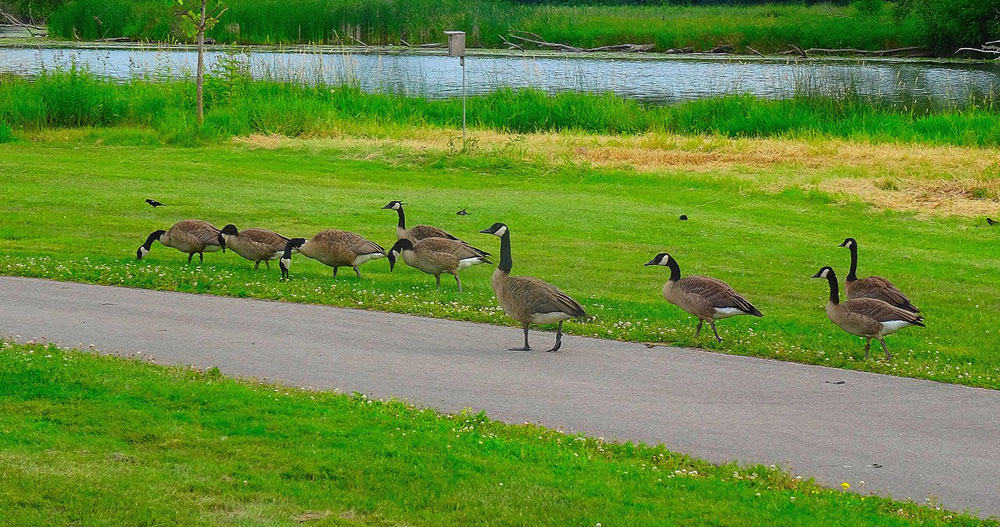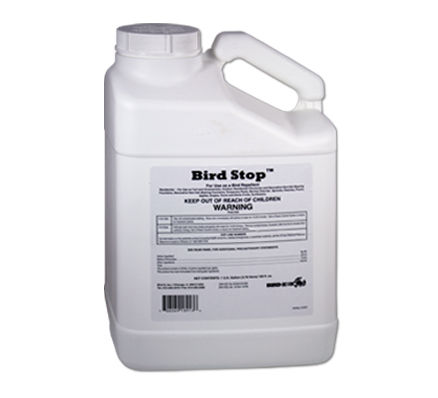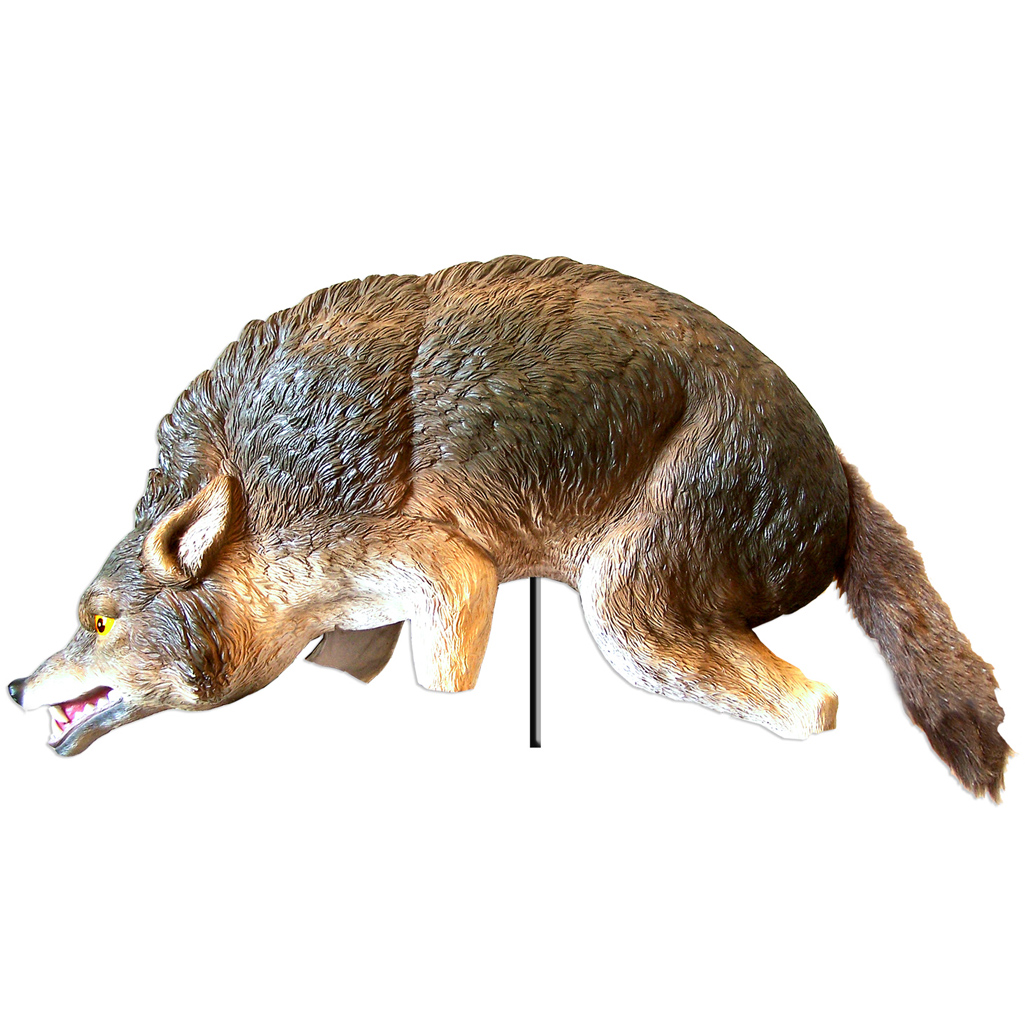Oregon park flooded with geese droppings
A recent article in The Times, a Portland-area newspaper, talked about a goose problem at the Lake at the Commons in Tualatin, Oregon. According to Bob Martin, parks maintenance supervisor, the geese are producing “nearly five gallons of excrement a day, which mostly ends up on the pavement.”
“The mess is problematic in various ways — smell, chemical, general sanitation, take your pick — so a parks staff person has to spend an hour a day cleaning it up. This costs quite a bit of money over time,” Martin says, “so the city has tried multiple methods of goose abatement.”
They hit it right on the head: geese are pests that can be unpleasant to deal with, but dealing with their droppings is expensive and can be downright dangerous. Slip-and-fall incidents are not uncommon, and that can lead to lawsuits. Not to mention that acidic droppings can erode multiple surfaces and are filled with transferable diseases.
Their solution was two plastic swans anchored at the bottom of the lake shown above. Swans and geese are natural enemies, so having decoy swans in the lake does make sense. But what else can be done to ensure geese don’t come back?
Goose Control Solutions
A good addition to the swans would be a predator decoy. A coyote replica for turf or gator replica for water both work well because they present a valid danger. If the geese get too close, they may turn into an easy meal.
Parks, golf courses and other areas with wide-open turf can especially benefit from Bird Stop taste aversion liquid. Spray the liquid on the turf to discourage geese from grazing in the treated area. The liquid is made of safe, non-harmful ingredients that not only make the grass taste bitter and smell foul to geese. Bird Stop offends their trigeminal systems which encourages them to find greener pastures to graze in.
Finally, to ensure the geese don’t come back, install the Goosebuster Pro in the problem areas. The Goosebuster Pro is a sonic deterrent, meaning it broadcasts naturally recorded Canada Goose distress and alarm calls, as well as predator calls, to “warn” the birds of imminent danger. Geese will instinctively avoid the area and look for safer places to graze.
Recommended Solutions
Shop Goosebuster Pro
Shop Bird Stop
Shop Predator Decoys






Leave a Reply
Want to join the discussion?Feel free to contribute!